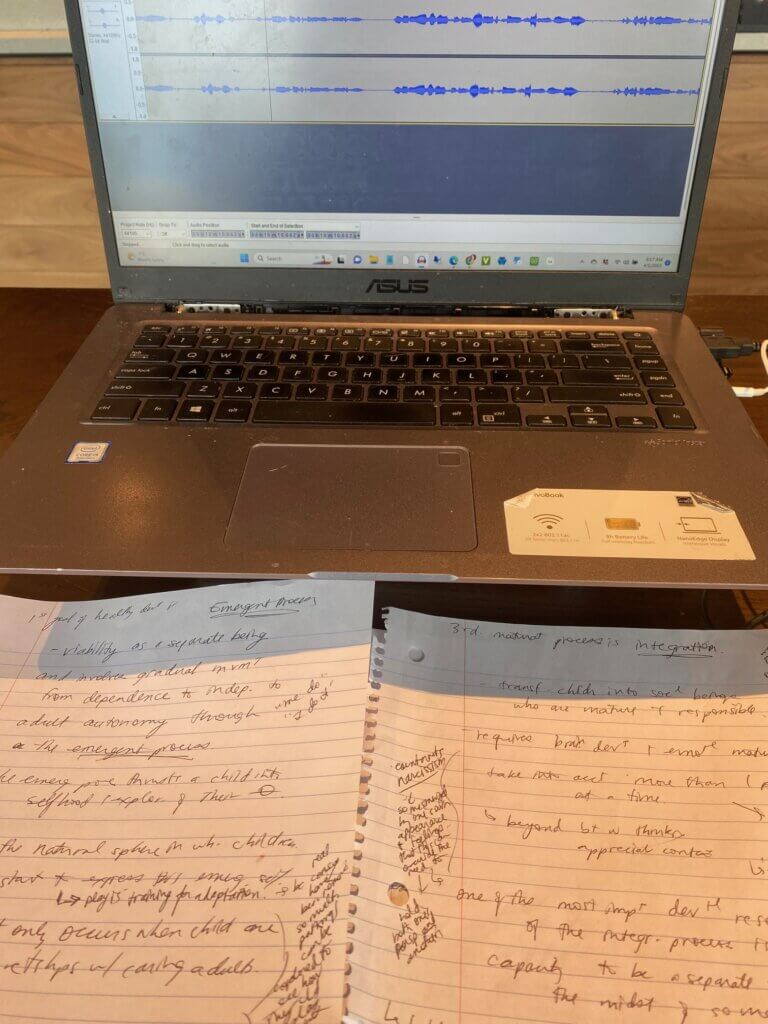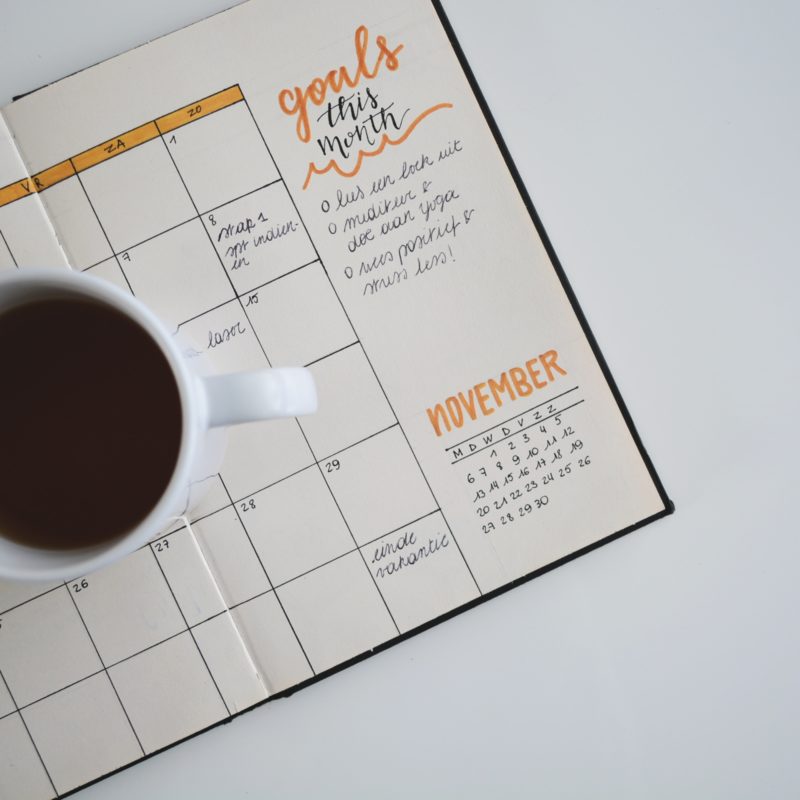
How often do you plan for things to not go as planned?
Using our mind to think about different plans and actions ahead of time in case of emergencies or negative scenarios is a powerful mental tool. It is for all areas of our life - including social-emotional-relational ones, life choices and life trajectories.
This kind of preparation is not just about scenarios, it’s about a mindset.
And it’s a mindset that builds an internal repertoire of simulations that are tied to responsive and flexible adapting to what life throws at us.
The critical factor here is that as we think about things not going well, we also take actions and lay groundwork for what we can do if things don’t go as desired.
This type of mindset is a way of building neural networks that are less rigid and fixated on one very specific (and desired) outcome to happen.
It allows us to entertain what would seem to be worst case scenarios - but before they actually happen.
When we combine this kind of thinking with the mindset that we can take actions now to navigate future scenarios, we create a simulation of coping. This does two important things: 1) it lets us fire up brain-activity and visualizations of ourselves knowing how to figure stuff out when life throws us a curve ball . 2) it lets us get a taste of the neurochemical state that goes with that negative event, but with the already-lived experience that we survived it.
This mindset and future thinking (especially about possible negative scenarios) builds our ‘perceived ability to cope’ - which is one of the most critical factors in ALL of our emotional reactions to life and overall mental health.
When you increase your perceived ability to cope, you increase your ability to regulate yourself under stress.
Planning for the unexpected (including what we think we don’t want to happen) and then adding actions to go with it leads us to flex our prefrontal features of future projection and pathway thinking. It may seem irrelevant to a lot of people, but it's not just about planning and preparation, it's about using our brain circuitry in ways that push it out of the realm of reactivity, and into the realm of agency amd adaptive coping mechanisms
I have much more to say about this because it goes even deeper into unhealed wounds and other types of experiences - but I’ll return to that later!
With Love from Me to You
xoxo Stefanie

On a side note..
Mindset Neuroscience Podcast Episode 10 will be up by tomorrow or Wednesday!
And excited to be attending seminars in the next few weeks that talk about Preparedness and future scenarios. The online Program 62 I'm attending is also a way of increasing these agency-building networks.


